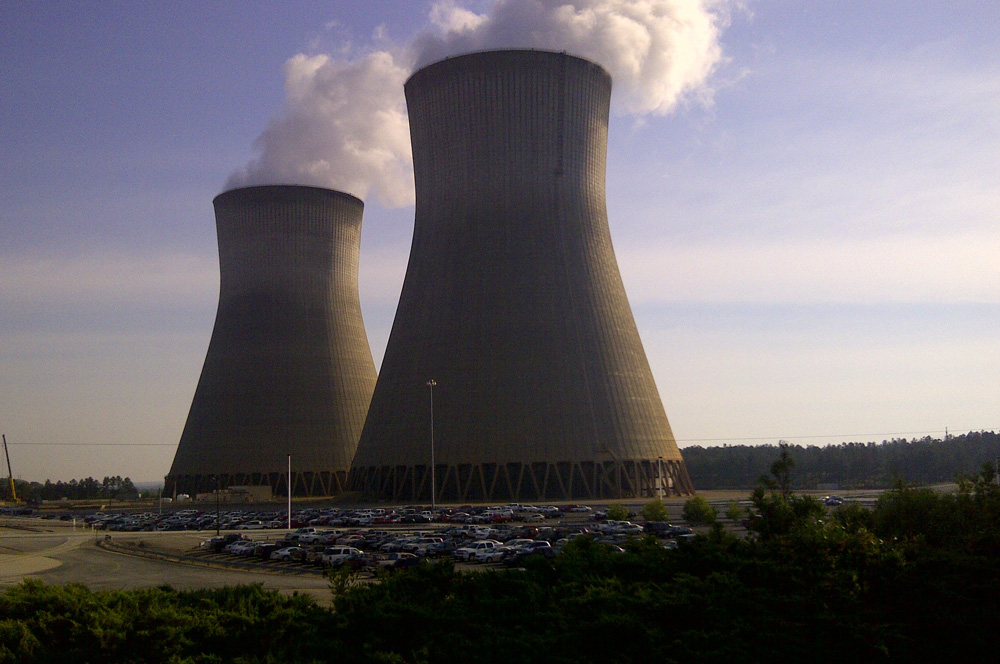
Advancing U.S. Leadership in Nonproliferation and Nuclear Energy through Effective Partnerships
Although the United States still has the largest number of nuclear power plants in the world, it does not dominate global nuclear power. While the United States was the leading nuclear power supplying nation more than thirty years ago—at least for states outside of the Soviet sphere of influence—the reality today is clearly that the U.S. nuclear industry is only one of several major suppliers. The United States can no longer build a large nuclear power plant on its own. Foreign nuclear companies own major U.S. nuclear power companies.
In addition, the United States no longer supplies the majority of the world’s enriched uranium for nuclear fuel; instead, the United States Enrichment Corporation has shut down its enrichment plants based on gaseous diffusion and has been struggling to commercialize the American Centrifuge Project partly due to reduced global demand for enriched uranium and also due to competition from established enrichment companies.
Nonetheless, the United States continues to have great influence on the nuclear market because many of the major supplying nations have built their nuclear power programs on the basis of U.S. technology. In a new issue brief, FAS President Dr. Charles Ferguson takes a look at options for the United States to gain back leadership via a cooperative approach. The brief analyzes what nations could be effective partners for the United States in furthering nonproliferation while providing for the continued use of peaceful nuclear energy. The nuclear industry is increasingly globalized and the United States needs to partner with allies and other nations to advance nonproliferation objectives.
The last remaining agreement limiting U.S. and Russian nuclear weapons has now expired. For the first time since 1972, there is no treaty-bound cap on strategic nuclear weapons.
The Pentagon’s new report provides additional context and useful perspectives on events in China that took place over the past year.
Successful NC3 modernization must do more than update hardware and software: it must integrate emerging technologies in ways that enhance resilience, ensure meaningful human control, and preserve strategic stability.
The FY2026 National Defense Authorization Act (NDAA) paints a picture of a Congress that is working to both protect and accelerate nuclear modernization programs while simultaneously lacking trust in the Pentagon and the Department of Energy to execute them.